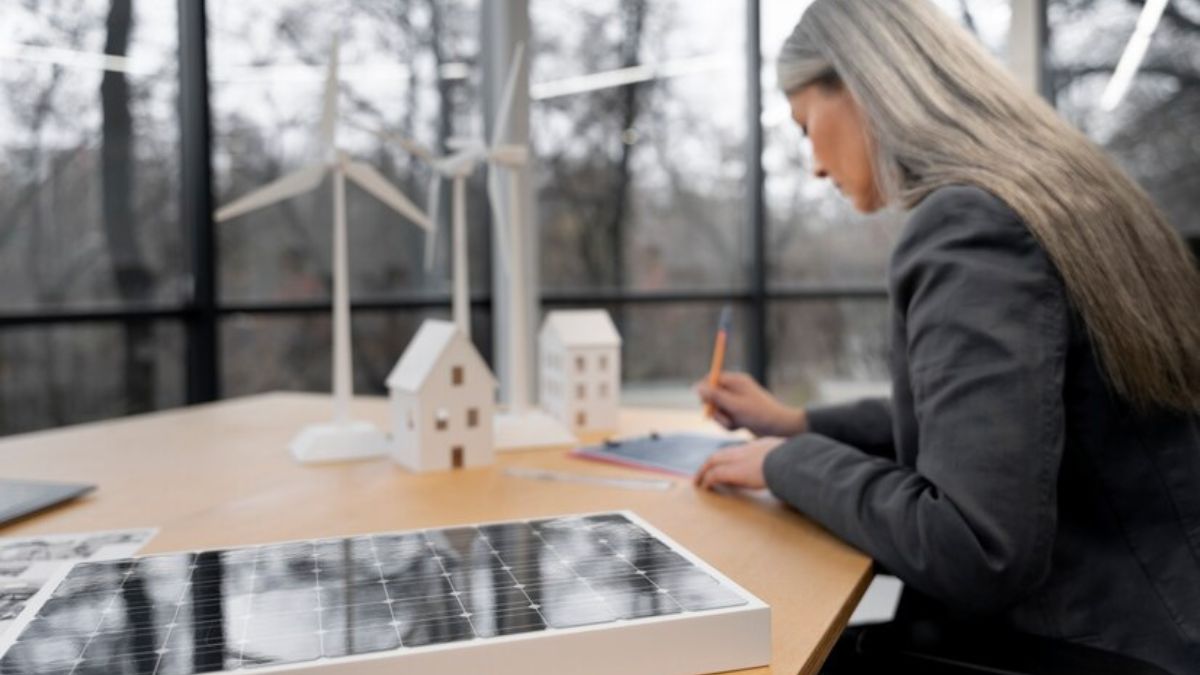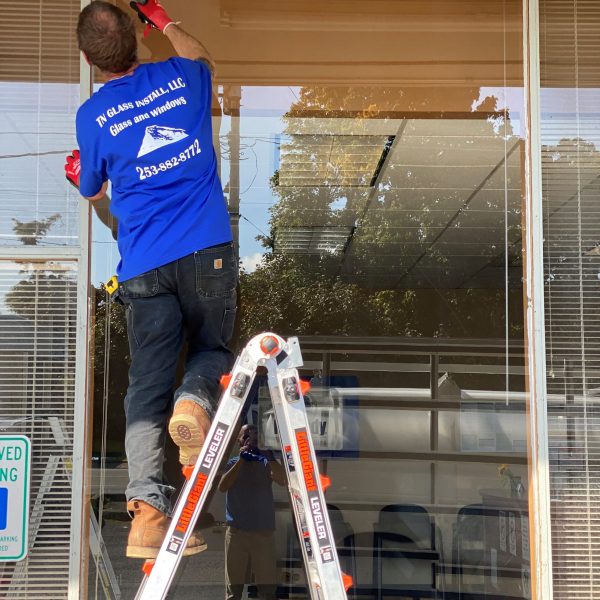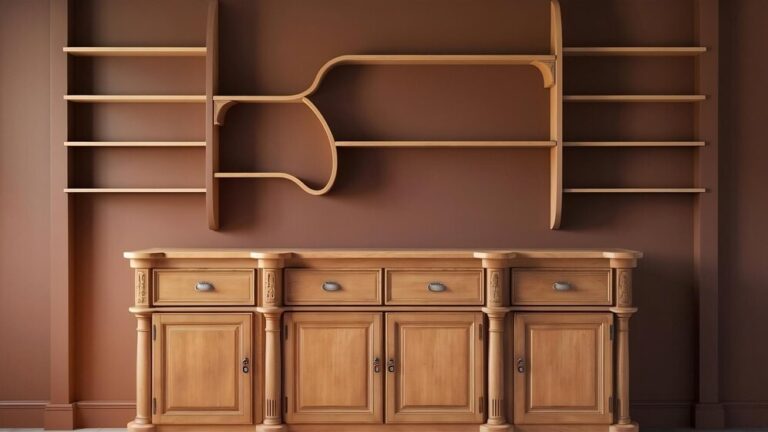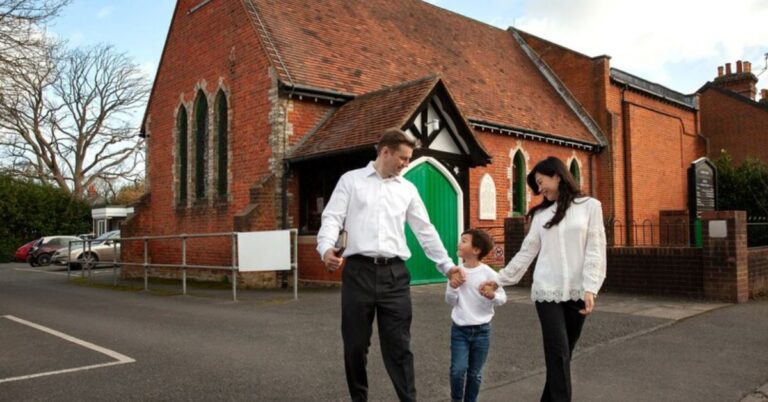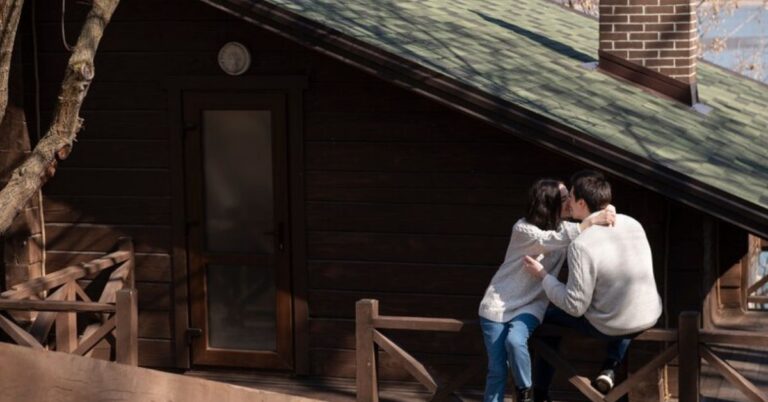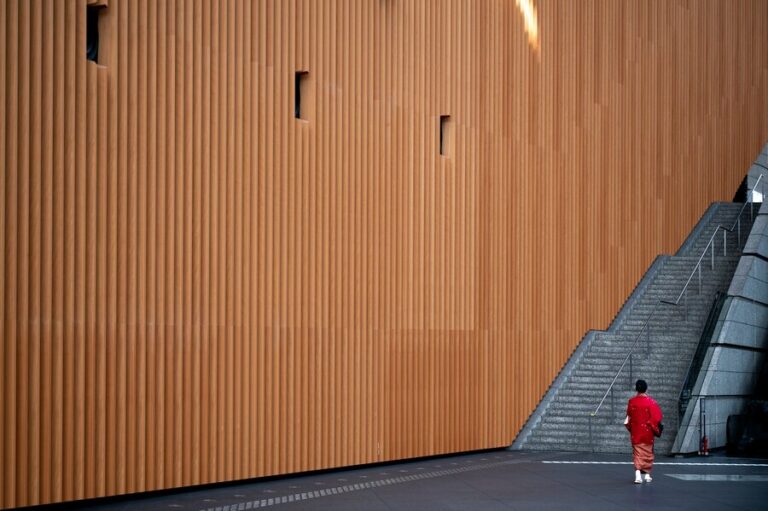Why Sustainability Matters to Windows
Sustainability has gained traction worldwide since people and businesses understood how it could help conserve the environment and improve overall quality of life. Sustainability encompasses everything from individual actions to big business strategies.
One approach to support sustainability and preserving natural resources is to use environmentally friendly windows. Many also use environmentally friendly materials for home construction or remodeling projects.
Energy-efficient glass
With energy efficiency becoming a top concern, builders and homeowners are looking for ways to reduce energy leakage, leading to heating and cooling costs. Installing Low-E glass-coated double-pane windows is one method.
Because it reflects radiant heat, this glass is intended to minimize heat loss. It also helps maintain comfortable temperatures year-round without overworking the air conditioning and heating systems.
It can also reflect UV rays responsible for carpet and furniture fading over time. Several types of energy-efficient glass can be used in residential and commercial buildings. These include Low-E, tinted glass, and electrochromic glass. All of these provide significant energy savings and protect against harmful UV rays.
Fiberglass
Like Kleenex, Thermos, and the Dumpster, Fiberglass is a name that most people associate with only one thing: the pink insulation that lines your home’s attic. But this popular product is just the tip of the iceberg for this versatile material.
Fiberglass is created from natural materials that may be tailored to your specifications, just like wood and Aluminum. But it’s also an energy-efficient choice because it has a foam-filled core that prevents air from leaking into or out of your home.
Fiberglass is a composite material that combines reinforcement (fiber) with a matrix (resin). Like many everyday items in nature, such as wood and bamboo, and early manufactured artificial composites like mud and straw, the fiber and matrix deliver superior properties than either used alone.
Aluminum
With environmental awareness growing, more homeowners are looking for environmentally friendly solutions to update their properties. One popular way to do this is by installing double-glazed windows.
Energy-efficient windows use advanced technologies to regulate energy flows in the home. These include Low-E coatings that minimize heat transfer and gas-filled glazing cavities that enhance insulation properties. By lowering your energy usage, these features help you save money on power bills and lessen your carbon imprint.
Another benefit of energy-efficient windows is their sustainable construction materials. Aluminum is a standard construction material for JDI windows frame. It requires little maintenance and can be recycled more than ten times without losing quality or functionality. It also consumes less embodied energy to produce than other window frame materials, including uPVC and timber.
Vinyl
Vinyl windows are one of the best options for a green frame choice. They’re energy-efficient and don’t conduct heat efficiently, which helps keep homes cool during the summer. They also help reduce a home’s energy bills and use less non-renewable resources.
Unlike many other plastics based on hydrocarbon feedstocks like petroleum or natural gas, the PVC/vinyl used in window frames is primarily based on chlorine sourced from salt water. That makes it less sensitive to fluctuations in the price of oil.
Another essential feature is that vinyl can be recycled repeatedly without losing strength. That’s why you can find it all around your house – in gutters, drainpipes, waste pipes, siding, fascia, and more!
Wood
It is possible to extract wood naturally and sustainably without endangering the ecosystem. As a result, wood is a much more sustainable option than other materials like Aluminum and vinyl, which require energy-intensive production processes and use non-renewable resources.
Eco-friendly windows feature insulative properties that minimize heat loss during winter and attenuate excess heat gain in summer, decreasing energy usage and cutting down on artificial heating/cooling costs. Moreover, they are built to last, reducing maintenance and replacement costs over time.
Accoya wood is the industry’s leading timber choice for window frames; it is a highly durable engineered wood that requires no painting and offers a 50-year guarantee against rot. It’s sourced from sustainably managed forests and uses nontoxic processes to preserve and modify the wood.

